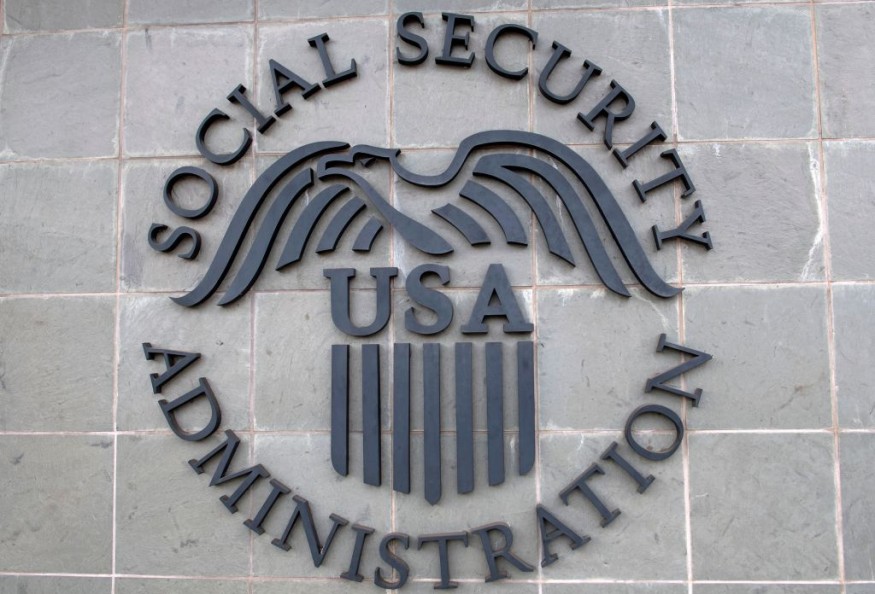Will Your Social Security Payments Be Taxed?

Some recipients of Social Security payments would have to pay federal tax income on the benefits. It usually happens when the filer has other substantial income on top of their benefits.
Those categorized as additional income are usually wages, self-employment, interest, and dividends, among others, according to the Social Security Administration.
Internal Revenue Service's rules state that filers will have to pay 85% of their Social Security benefits if they are individual filers with a combined income between $25,000 and $34,000.
IRS noted that falling between that income threshold may prompt you to pay income tax on up to 50% of your benefits.
If it falls more than $34,000, the filer must pay 85% of their benefits,
Those filing jointly will have been taxed up to 50% of their benefits if their combined income falls between $32,000 and $44,000.
If it reaches more than $44,000, 85% of your benefits may be taxable.
Social Security Payments Tax in States
Depending on the state that recipients lived in, they might also owe state taxes on their benefits, according to Bank Rate.
Some of the states imposing states tax on Social Security benefits for the 2022 tax year include Colorado, Connecticut, Kansas, New Mexico, Vermont, and Utah.
Minnesota, Missouri, Montana, Nebraska, and Rhode Island are also included in the list.
West Virginia earlier taxed Social Security payments. However, it started phasing out the tax in 2020 and will not be charged in the tax year 2022.
In Colorado, the state tax rate is 4.40% for the 2022 tax year, with 65 and older taxpayers can subtract either $24,000 or their taxable pension or annuity income from their federal taxable income.
Meanwhile, New Mexico's state income rates range from 1.70% to 5.90%. Most seniors in New Mexico will be exempted from Social Security taxes, starting in the 2022 tax year, due to the changes in the law.
Seniors, who are single taxpayers, will be exempted if they have a federal income of $100,000, while those filing jointly will be exempted if they have a federal income of $150,000.
Social Security Payments
Social Security payments will see an increase of 8.7% after the cost-of-living adjustment applied last October.
It has been the highest adjustment the SSA has offered since 1981. It is also the fourth biggest COLA in the history of the program, according to Yahoo Finance.
The payment schedule for general Social Security recipients still depends on the recipients' birthdate.
Recipients with birth dates that fall on the 1st through the 10th are paid on the second Wednesday of each month.
Meanwhile, those with birthdates that fall on the 11th through the 20th will be paid on the third Wednesday of each month.
For those with birthdays on the 21st through the 31st, they will be paid on the fourth Wednesday of each month.
For February, the dates of payments will be on February 8, February 15, and February 22, following the SSA schedule.
READ MORE: Disaster SNAP Benefits Update: Are You Eligible for New Florida Payments?
This article is owned by Latin Post.
Written by: Mary Webber
WATCH: Is Social Security Taxable? - from IRSvideos
Subscribe to Latin Post!
Sign up for our free newsletter for the Latest coverage!

















